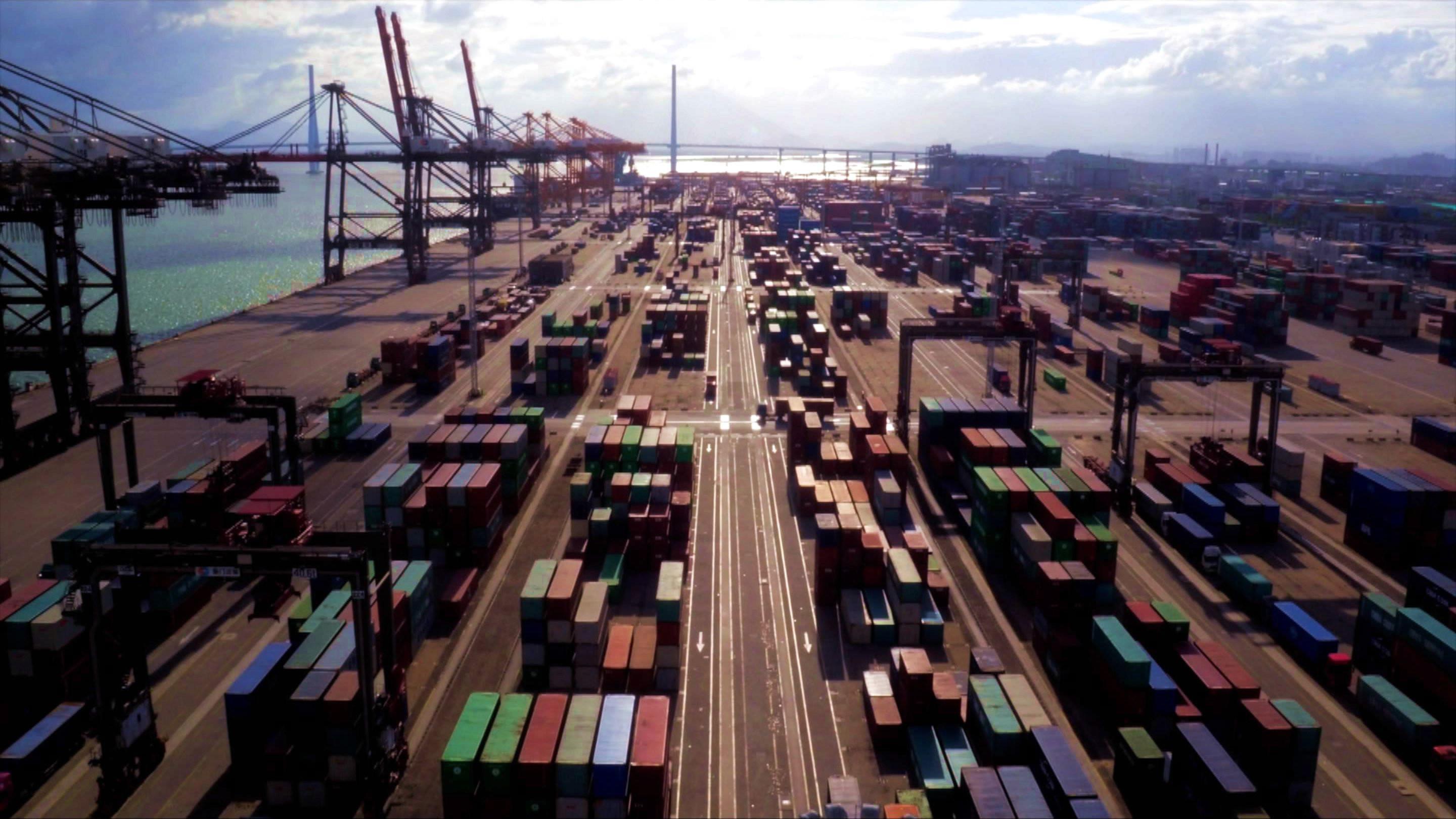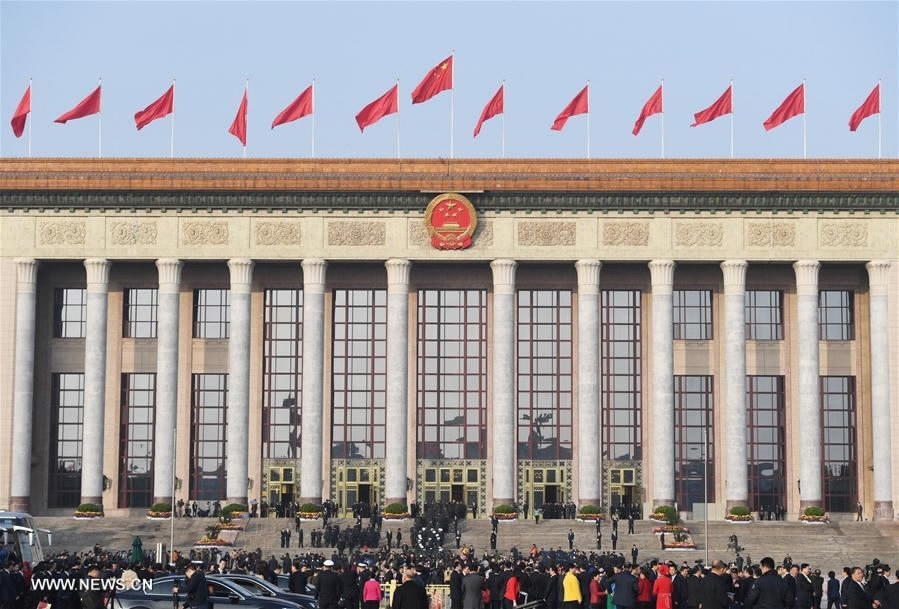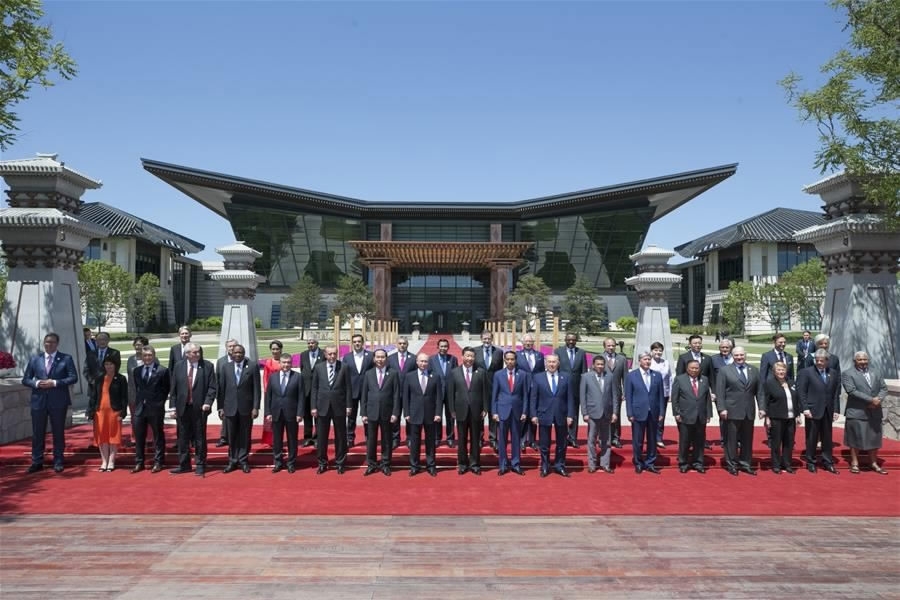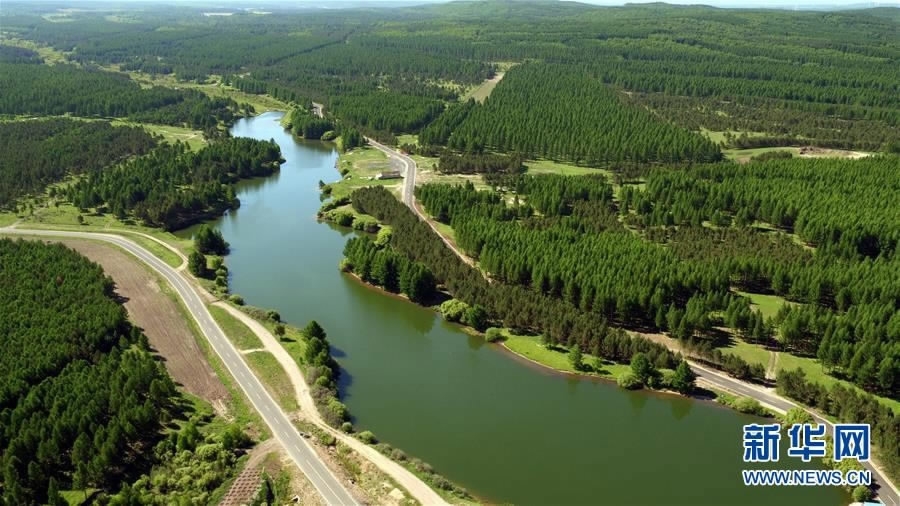
Opinions
15:18, 27-Oct-2017
Opinion: New Standards for the New Era
By Laurence Brahm

It was all about rolling up the sleeves and getting to work on October 26, 2017.
Just one day after the announcement of the new Standing Committee line-up of the Central Committee's Political Bureau following the close of the 19th National Congress of the Communist Party of China (CPC), the Ministry of Finance announced a 2-billion-US-dollar sovereign bond issue. Within one hour of issue, it was over-subscribed ten times.

Delegates to the 19th CPC National Congress attend the closing session at the Great Hall of the People in Beijing, October 24, 2017. /Xinhua Photo
Delegates to the 19th CPC National Congress attend the closing session at the Great Hall of the People in Beijing, October 24, 2017. /Xinhua Photo
China does not need to raise foreign debt when it has plenty of cash. "Raising funds is not our real purpose," explained Wang Yi, director of finance at the Ministry of Finance. "The central government has waited 13 years to issue a sovereign US dollar bond, because it is considering how to guide the market. By issuing the bond we are able to judge the future."
Effectively, the bond issue is not because China needs the money but rather it is testing global confidence one day after the 19th CPC National Congress. The market price of the bond will help to set prices of further bond issues. In the second week of November, there is expected to be another major bond issue dedicated entirely to green finance.
As Hong Kong is now the finance launch pad for the Belt and Road Initiative (BRI), and as some 70 nations spreading across Central-South-Southeast Asia, the Middle East, Africa, Eastern Europe, Russia and East Asia are on board, China can set new rules for the emerging global south. There is no doubt that these two bond issues are aimed at supporting Hong Kong’s role as China’s international financing center, where the ability to set prices is key in establishing new standards for BRI financing.

Chinese President Xi Jinping, foreign delegation heads and guests pose for a group photo at the Leaders' Roundtable Summit of the Belt and Road Forum for International Cooperation at Yanqi Lake International Convention Center in Beijing, May 15, 2017. /Xinhua Photo
Chinese President Xi Jinping, foreign delegation heads and guests pose for a group photo at the Leaders' Roundtable Summit of the Belt and Road Forum for International Cooperation at Yanqi Lake International Convention Center in Beijing, May 15, 2017. /Xinhua Photo
President Xi Jinping’s concept of a China Solution is now in full play. Neither of these bond issues will be rated by any of the so-called international (all-American) rating agencies such as Moody's, S&P, or Fitch. In fact, China does not need their rating. Such ratings are not a requirement for bond issues on the Hong Kong market. The New Era needs new rules.
The countries of the BRI network account for some 30 percent of global GDP. Add China standing at 14.84 percent and we are talking about 44.84 percent or half of global GDP.
So why should the developing world listen to standards fixed by the most developed nations of the world, when it can set new standards? That is exactly what is happening and why the China Solution really represents an emerging set of solutions shared by the global south.
The idea of setting new standards for a New Era is catching on in China’s corporate world. Haier’s CEO Zhang Ruimin announced the day after the 19th CPC National Congress closed, how Haier will establish its own standard of management and not adopt an international standard. So much for theoretic management models espoused for decades by celebrity CEOs promoted by mainstream western media.
Sorry, this is a New Era. In 2016, Haier spent 5 billion US dollars to acquire American General Electric. The management theories of Jack Welch were for another era.
The new leadership management style of Xi Jinping is no-nonsense, all about getting to work and results.

Saihanba in Weichang Manchu and Mongolian Autonomous County in Chengde, north China's Hebei Province. /Xinhua Photo
Saihanba in Weichang Manchu and Mongolian Autonomous County in Chengde, north China's Hebei Province. /Xinhua Photo
The BRI and Ecological Civilization have been enshrined into the CPC Constitution this past week. This is not about ideology but rather smart, green and blue infrastructure. One day later it is about delivering the goods on these goals. And in the spirit of the China Solution in the New Era, establishing new standards. A vision of the global south taking destiny into its own hands once espoused at the Bandung Conference in 1955 is back, but this time with high finance.
(Laurence Brahm is a founding director of the Himalayan Consensus Institute and a Senior Fellow with the Center for China and Globalization. He has lived and worked in China for 25 years and is the author of over 20 books on the Asian region. His work covers a wide spectrum from economic development reform in China and Southeast Asia to Tibetan new age travel. He is the author of Zhu Rongji and the Transformation of Modern China and China as No. 1. His books on Tibet include Searching for Shangri-la: Off the Beaten Track in Western China and Conversations with Sacred Mountains: A Journey along Yunnan's Tea Caravan Trail. The article reflects the author's opinion, and not necessarily the views of CGTN.)

SITEMAP
Copyright © 2018 CGTN. Beijing ICP prepared NO.16065310-3
Copyright © 2018 CGTN. Beijing ICP prepared NO.16065310-3